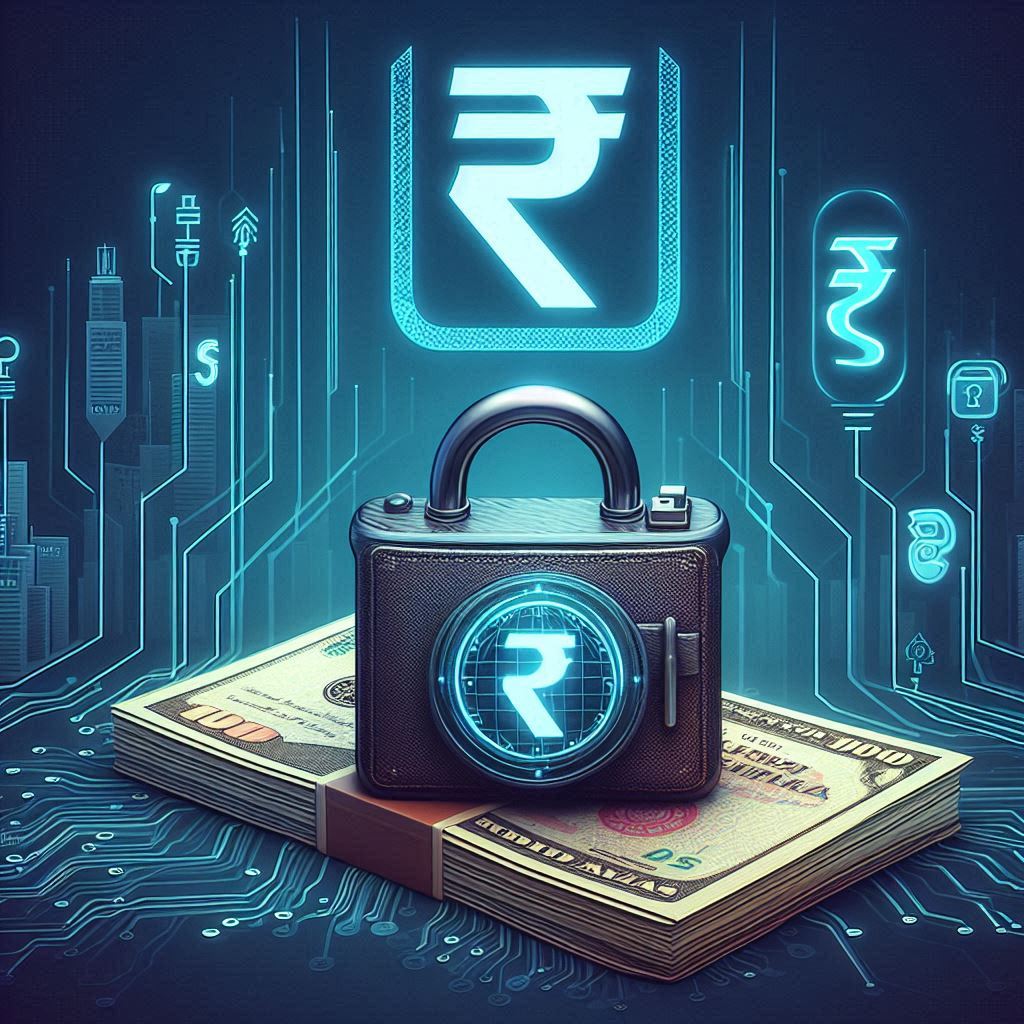Unified Payments Interface (UPI) has revolutionized digital payments in India, offering a fast, easy, and cashless way to make payments. While UPI is designed with strong security measures, it’s crucial for users to be aware of best practices to keep their transactions safe. In this guide, we’ll walk you through some important tips on how to secure your UPI payments.
1. Use a Strong UPI PIN
Your UPI PIN is the key to your transactions. It’s important to:
- Choose a strong, unique PIN: Avoid using easily guessable numbers like birth dates or repetitive digits (e.g., 1234 or 0000).
- Change your PIN regularly: Periodically updating your UPI PIN can further enhance security.
- Never share your PIN: No legitimate service provider will ask for your UPI PIN.
2. Beware of Phishing Scams
Phishing is a method used by cybercriminals to trick users into revealing sensitive information. To avoid falling victim to phishing scams:
- Do not click on suspicious links sent via SMS, email, or social media claiming to offer rewards or discounts.
- Verify requests carefully: Fraudsters often pose as customer service representatives to ask for personal details or UPI PINs. Always double-check the legitimacy of such requests.
3. Download UPI Apps Only from Official Stores
Avoid using third-party sources to download UPI apps. Download only from official app stores like:
- Google Play Store for Android users.
- Apple App Store for iOS users.
This ensures you’re installing a genuine app that receives regular security updates.
4. Enable Multi-Factor Authentication (MFA)
Whenever possible, enable multi-factor authentication for your UPI apps. MFA adds an additional layer of security by requiring you to verify your identity through multiple steps, such as biometric verification (fingerprint or face recognition) or an OTP (One-Time Password) sent to your phone.
5. Monitor Your Account Regularly
Regularly review your UPI transaction history to spot any suspicious activity. If you notice unfamiliar transactions:
6. Use Verified and Trusted Merchants
When making online payments using UPI:
- Always transact with trusted and verified merchants.
- Look for SSL certificates (indicated by a padlock icon in the browser) on websites to ensure your data is encrypted.
7. Keep Your Phone and UPI App Updated
Keeping your phone’s operating system and UPI app updated ensures that you receive the latest security patches and features. Updates often fix vulnerabilities that hackers could exploit.
8. Log Out After Use
If you’re using UPI on a shared or public device, make sure to log out after every transaction. This will prevent unauthorized access to your account.
9. Disable UPI on Lost or Stolen Devices
In case your phone is lost or stolen:
- Report it to your bank and mobile network provider immediately.
- Use UPI app settings to block access from the lost device.
10. Avoid Public Wi-Fi for UPI Transactions
Using public Wi-Fi for financial transactions increases the risk of cyber attacks. Stick to secure, private networks when making UPI payments, or use mobile data for a safer connection.
Conclusion
UPI payments offer unparalleled convenience, but ensuring the security of your transactions is key to safeguarding your money. By following these steps, you can significantly reduce the risk of fraud and make your UPI experience safe and secure.
FAQs:
Q: What should I do if my UPI PIN is compromised?
A: Change your PIN immediately and notify your bank of any suspicious activity.
Q: How do I know if a UPI payment request is genuine?
A: Always verify the sender’s details and transaction amount before approving any payment request.
By practicing these security measures, you can confidently use UPI for your everyday transactions.

